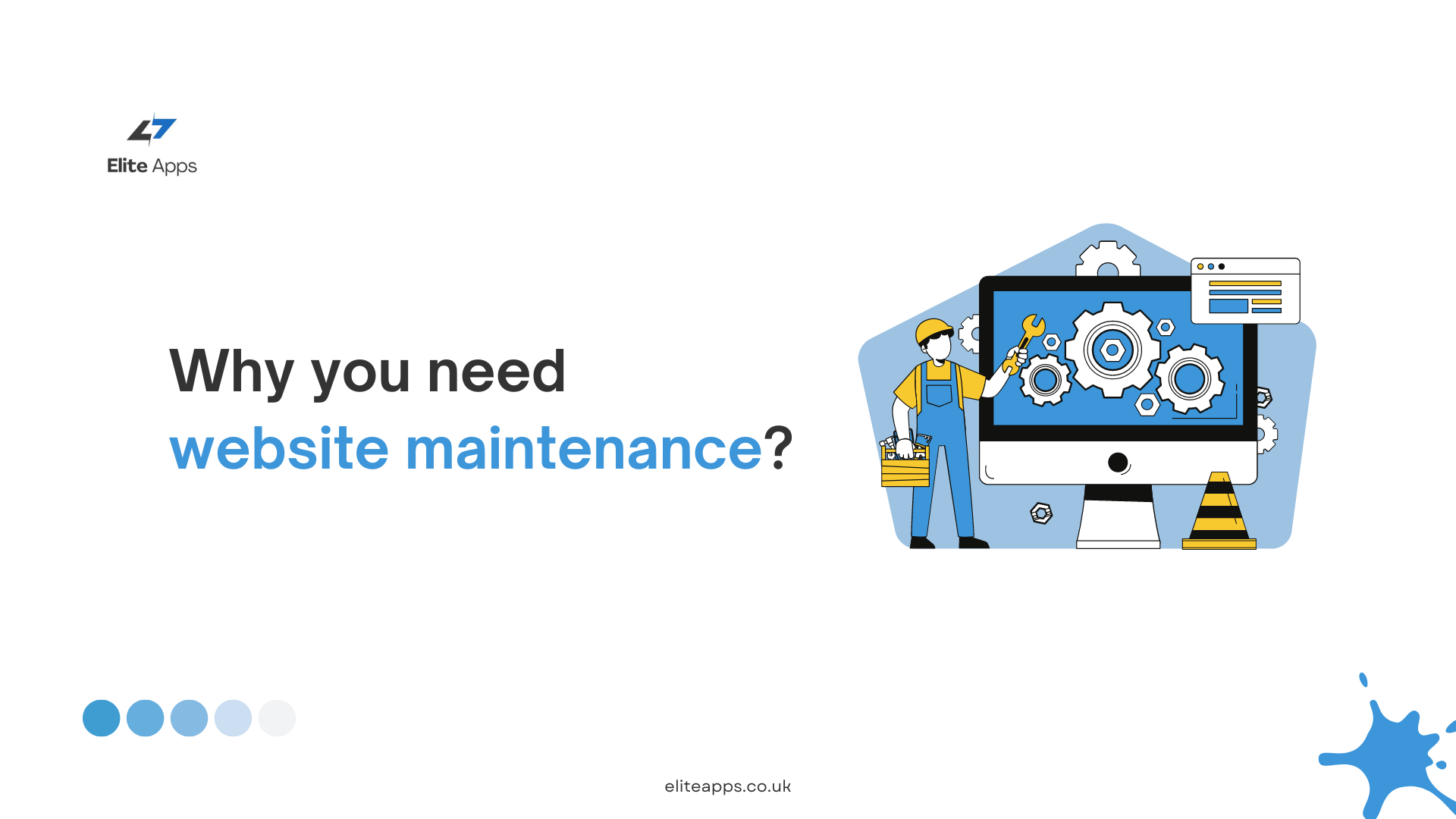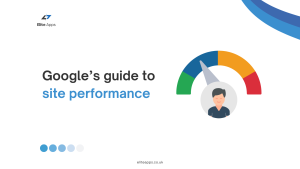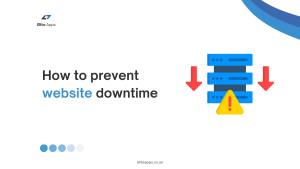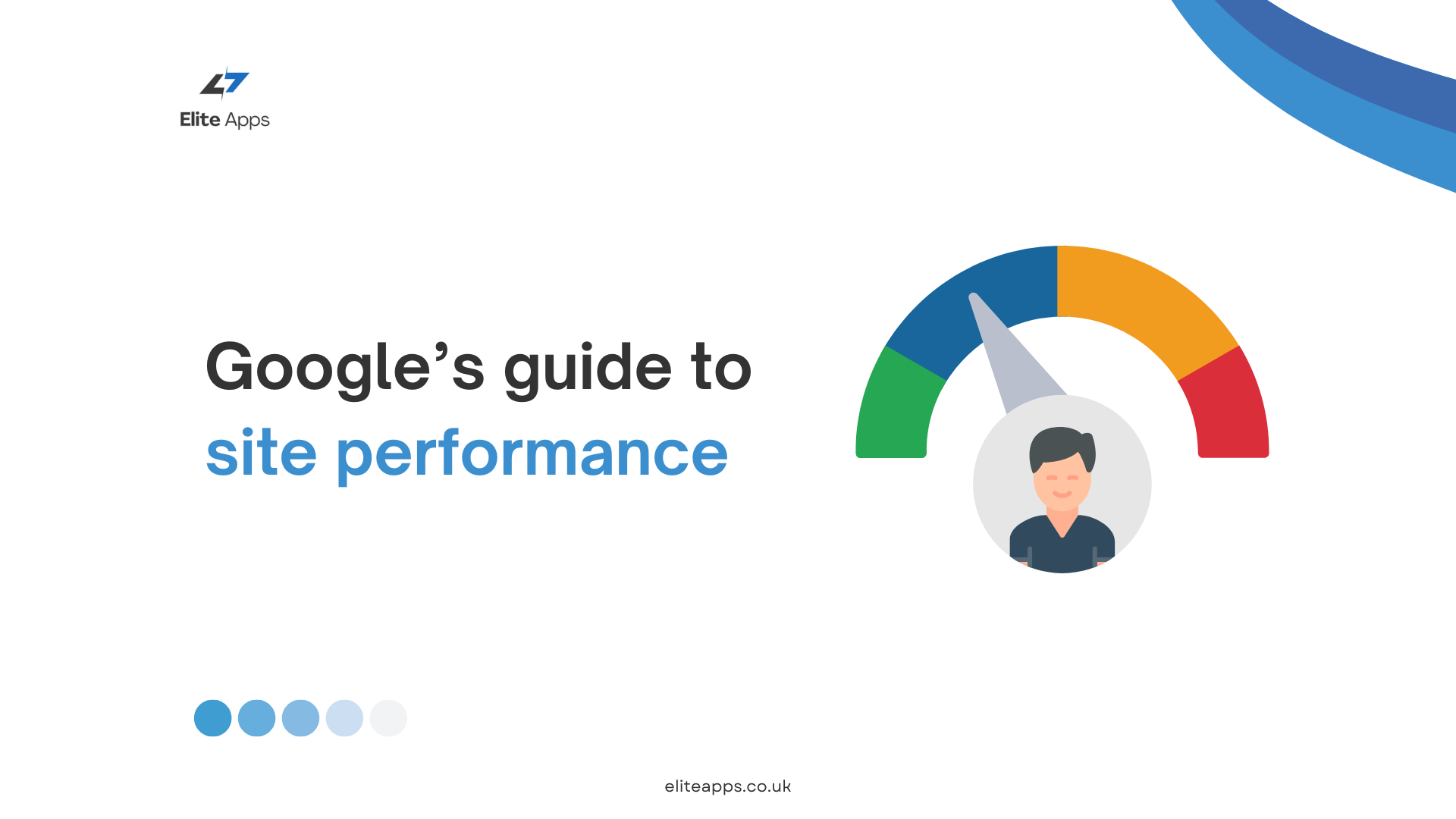Why Do I Need Website Maintenance? Key Reasons for Ongoing Care
Launching a website is an exciting milestone for any business or personal project. However, just like any other digital asset, your website needs ongoing care to stay functional, secure, and relevant. Website maintenance is essential for ensuring that your online presence continues to operate smoothly and serves your audience effectively. Neglecting this crucial task can lead to poor performance, security vulnerabilities, and even a decline in your search engine ranking.
In this blog, we’ll explore why regular website maintenance is so important and how it benefits your business or personal brand in the long run.
1. Enhance Security and Protect Against Threats
One of the most important reasons for website maintenance is to protect your site from security threats. Hackers and cyberattacks are becoming increasingly sophisticated, and websites, especially those using content management systems (CMS) like WordPress, are frequent targets. Regular maintenance helps identify and fix security vulnerabilities before they become serious issues.
For more details on cybersecurity and website protection, check out this resource on website security best practices.
Security-focused maintenance tasks:
- Updating software, plugins, and themes to the latest versions
- Installing security patches
- Regularly scanning for malware
- Implementing strong security protocols like HTTPS
2. Ensure Optimal Website Performance
A well-maintained website is faster and more responsive. Performance plays a major role in user experience, with slow-loading websites often driving visitors away. By regularly optimizing your website, you ensure that it performs at its best, leading to higher user satisfaction and better retention rates.
Learn more about how website speed impacts your business through our guide to site performance.
Performance optimization includes:
- Compressing images and media files for faster load times
- Minimizing the use of heavy scripts and unnecessary plugins
- Regularly monitoring page speed and fixing slow-loading pages
3. Improve SEO and Search Engine Rankings
Search engines, like Google, favor websites that are well-maintained and regularly updated. Regular maintenance not only helps keep your content fresh but also improves the overall structure and technical health of your site. This can have a significant impact on your search engine rankings, making it easier for potential customers to find you online.
To understand more about SEO and how it affects rankings, read this comprehensive guide to SEO basics.
SEO-related maintenance tasks:
- Updating content and meta tags with relevant keywords
- Fixing broken links and 404 errors
- Submitting updated sitemaps to search engines
- Ensuring mobile responsiveness and optimizing for user experience
4. Fix Bugs and Reduce Downtime
Even the most carefully built websites can encounter bugs or issues over time. Regular maintenance helps catch these issues before they affect the user experience. By fixing bugs and ensuring that your website remains functional across all devices and browsers, you minimize the risk of downtime and avoid frustrating your visitors.
For more insights on reducing website downtime, explore this article on how to prevent website downtime.
Common maintenance tasks to reduce downtime:
- Regularly testing website forms and interactive elements
- Checking for broken links and fixing errors
- Monitoring uptime to quickly resolve any outages
5. Adapt to New Technologies and Trends
Technology is constantly evolving, and your website needs to keep up with the latest trends and advancements to remain competitive. Whether it’s adopting new design elements, incorporating new functionalities, or optimizing for voice search, regular website maintenance allows you to stay ahead of the curve.
To learn more about emerging web technologies, check out this resource on web development trends.
Ways to adapt through maintenance:
- Updating your website’s design to meet modern aesthetics
- Implementing new features like chatbots or AI tools
- Ensuring compatibility with the latest browser versions and devices
6. Improve User Experience
Your website is often the first interaction potential customers have with your brand, so it’s important that it provides a seamless experience. Regularly updating your website, fixing issues, and optimizing it for usability ensures that visitors have a positive experience and are more likely to engage with your content.
Read more on enhancing user experience by visiting this guide on improving website UX.
User experience enhancements:
- Ensuring intuitive navigation and structure
- Optimizing your website for mobile users
- Regularly reviewing and improving the user interface (UI)
7. Ensure Business Continuity
For many businesses, their website serves as a vital channel for sales, customer engagement, and brand building. Downtime or performance issues can result in lost revenue, missed opportunities, and damage to your brand’s reputation. Regular website maintenance ensures that your business continues to run smoothly, providing a reliable online presence for your customers.
Conclusion
Website maintenance is not just an optional task—it’s essential for the long-term success and health of your online presence. By regularly maintaining your website, you ensure better security, performance, and user experience. It also helps boost your SEO, adapt to new technologies, and protect your business from unnecessary downtime.
A well-maintained website is more likely to attract and retain visitors, improve conversion rates, and deliver a positive impression of your brand. If you want your website to remain a valuable asset for your business, regular maintenance is a must.








